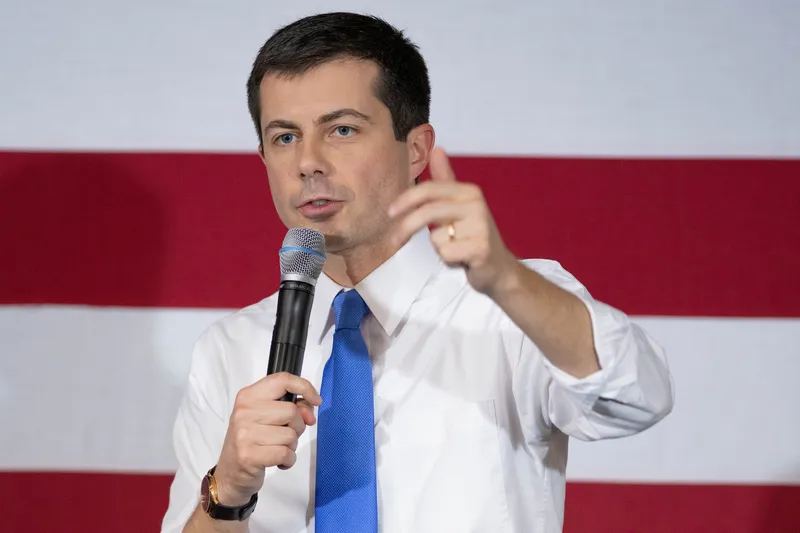The five-member New York State Capital Program Review Board has vetoed the New York Metropolitan Transportation Authority’s 2015–2019 MTA Capital Plan which the MTA said would renew, enhance and expand the transportation network with a US$32 billion investment.
The largest element of the program is safety and reliability projects worth US$22.2 billion to renew the MTA’s mass transit network.
It also proposes investing US$4.3 billion in new technology, communications systems and railroad infrastructur
October 10, 2014
Read time: 2 mins
The five-member New York State Capital Program Review Board has vetoed the New York 1267 Metropolitan Transportation Authority’s 2015–2019 MTA Capital Plan which the MTA said would renew, enhance and expand the transportation network with a US$32 billion investment.
The largest element of the program is safety and reliability projects worth US$22.2 billion to renew the MTA’s mass transit network.
It also proposes investing US$4.3 billion in new technology, communications systems and railroad infrastructure and US$5.5 billion to expand the MTA network through major investments.
In a letter to MTA chairman Thomas Prendergast,1780 New York State Department of Transportation commissioner Joan McDonald said she was vetoing the plan "without prejudice to any particular element of project." McDonald stressed that DOT still believed in "continuing the dialogue" and that a plan was an absolute necessity.
MTA officials say they have plans for securing about US$17 billion of the US$32 billion and will look to other funding partners, including the federal and state governments, to meet the shortfall.
The largest element of the program is safety and reliability projects worth US$22.2 billion to renew the MTA’s mass transit network.
It also proposes investing US$4.3 billion in new technology, communications systems and railroad infrastructure and US$5.5 billion to expand the MTA network through major investments.
In a letter to MTA chairman Thomas Prendergast,
MTA officials say they have plans for securing about US$17 billion of the US$32 billion and will look to other funding partners, including the federal and state governments, to meet the shortfall.










